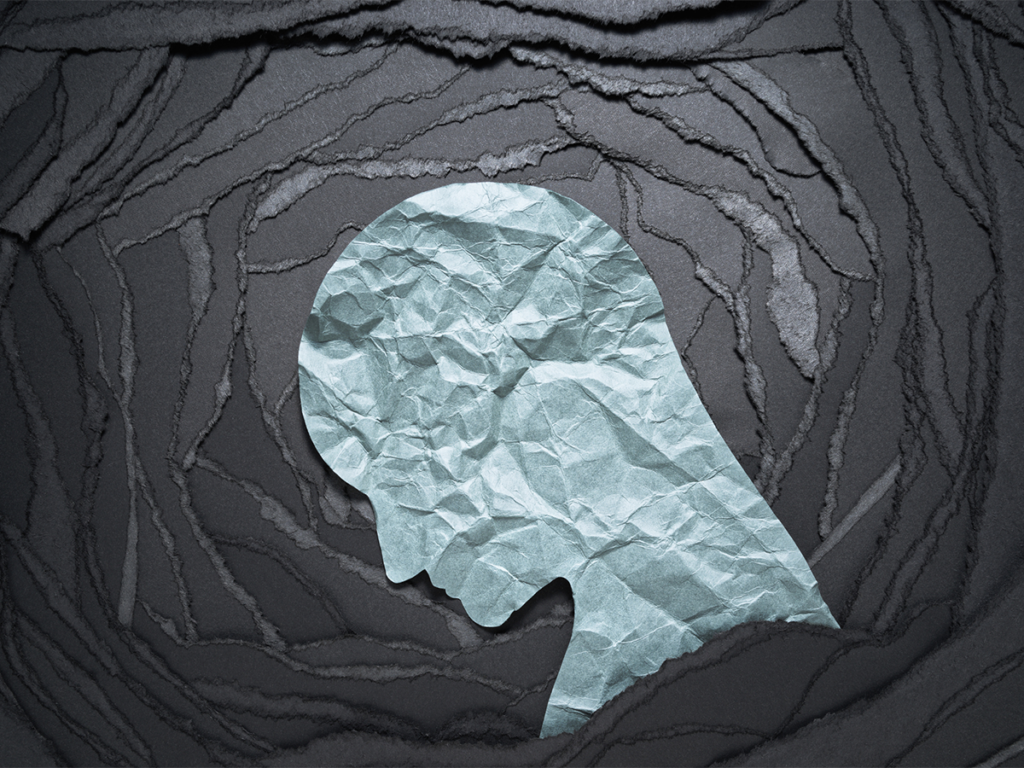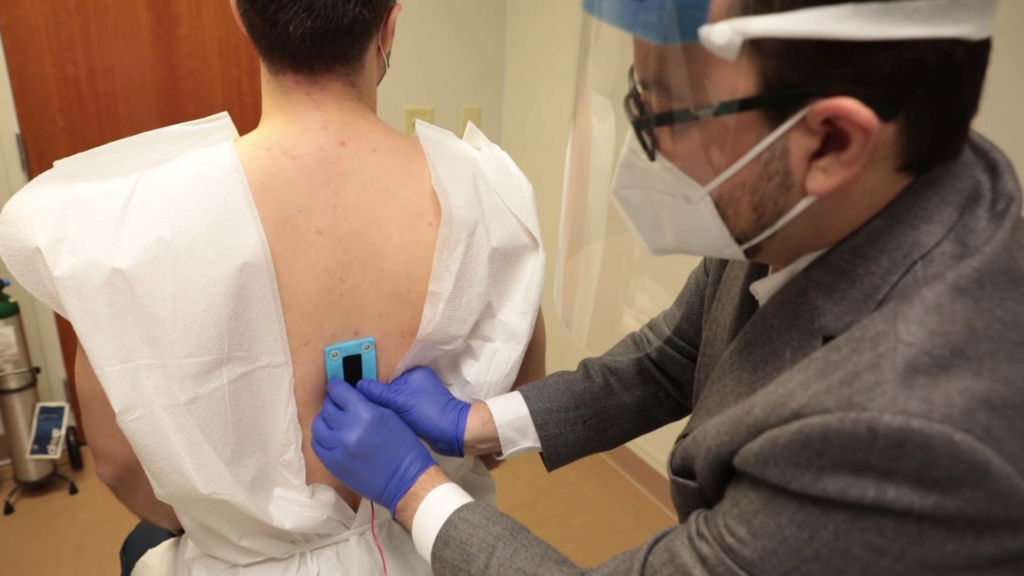Psychometric properties of the BDI-II in cancer patients.
Introduction Depressive disorder is mental disorder that highly occurs among the cancer patients worldwide.1,2 Prior studies established that the prevalence of depression is high and varies between 4% and 58%.3 The research documented that low sociodemographic characteristics, utilization of substances or medical drugs, history of depression, community and family perceptions towards the cancer patients, family […]
Psychometric properties of the BDI-II in cancer patients. Read More »








